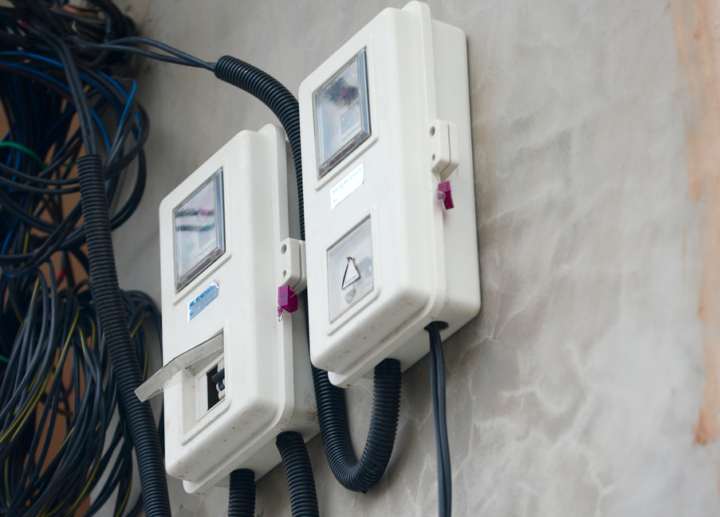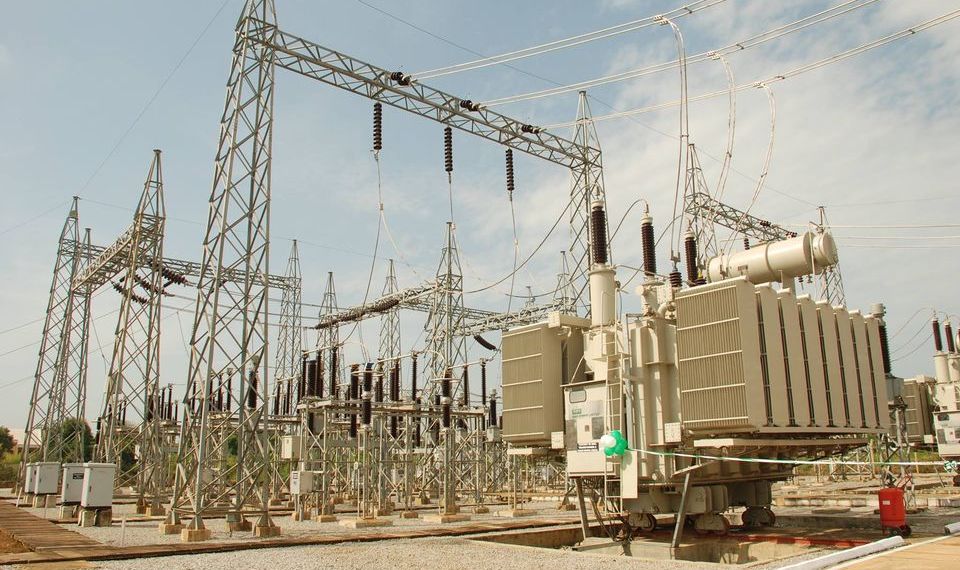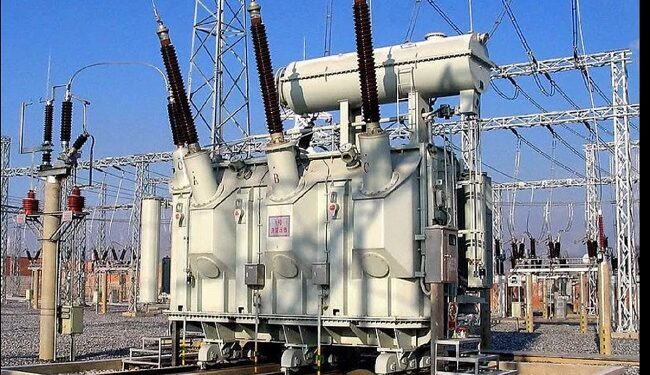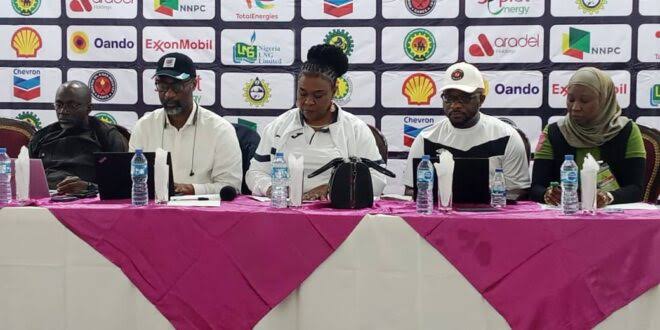University dons make case for Nigerian Engineering graduates, as FG builds transformers plant in Nigeria

Samuel Agbelusi
Nigerian University lecturers have called on the Federal Government to consider harnessing the potential of the Nigerian Engineering graduates and undergraduates, as it seeks to kick start the country’s first transformer production plant in collaboration with the China Great Wall Industry Corporation (CGWIC).
The University dons in an exclusive chat with Energyday made this known in reaction to the plan by the National Agency for Science and Engineering Infrastructure (NASENI) to partner with CGWIC to commence the establishment of the plant in September 2022.
EnergyDay’s check showed that the development of a transformer plant in Nigeria will see the government save $4 billion yearly in funding and importation of transformers to the country.
It was further gathered that the realisation of this project will also help the federal government reduce capital flight, as N125.2 billion was budgeted between 2015-2021 for funding of transformers and stabilisation of power delivery.
In perspective, the Central Bank of Nigeria (CBN) spent $250 million on loan facilities to help the industry produce local transformers in the country.
Recall that Professor Mohammed Sani Haruna, President of, the National Agency for Science and Engineering Infrastructure (NASENI) last week revealed a plan by the federal government signed a deal with the China Great Wall Industry Corporation (CGWIC), an energy-saving and environmental protection services company, for the establishment of a transformer production plant in the country.
The record-breaking deal was signed in a meeting with the Chinese team and the NASENI Management at NASENI Corporate Headquarters in Abuja last week.
Prof. Muhammed Haruna Sanni, in a statement, revealed that the project idea was conceived in 2013 but due to technicalities, it wasn’t birthed.
He further explained that more than 50 percent of the 15 percent counterpart fund to be paid by the federal government for the project has been fulfilled and the groundbreaking and foundation laying ceremony of the project will be done by President Muhammad Buhari in September 2022.
Furthermore, in addition to the transformers plant production, the Federal government in partnership with NASENI has finalised the plans to add the Solar Cell production plant to improve the power sector and ensure stable electricity.
Prof. Haruna said, due to the importance which NASENI placed on solar energy, 98 NASENI engineers will soon be trained in Solar Cell Modular production in China.
Haruna added that “The Engineers will leave by September this year. If we have the Solar Cell production plant in Nigeria, we will have steady light and even transmit to other African countries. The benefits of having a local Solar Cell Manufacturing plant in the country are enormous”
Ma Liming, Chairman of Chinese Liaoning Huaye Group Development Ltd, and head of the delegation disclosed that the partnership is not only focused on the production plant but also on other components which include the training of 60 NASENI Engineers on the Transformer Production Line and High voltage Testing Laboratory Plant and the establishment of a solar cell manufacturing plant in Nigeria.
Liming said, “NASENI and China would continue to work together to ensure the attainment of the industrialization agenda of the Federal Republic of Nigeria which the three projects have as targets to be kick-started with the building of a first-class Transformer Plant in Africa to be located in Nigeria.
“We will work together as good partners to ensure that Nigeria has the best transformer plant in Africa.”
REACTIONS
The University dons in a conversation with EnergyDay commended the FG for the initiative noting that the project is critical to the survival of the country’s power sector.
According to them, the establishment of the plant is a cost-saving initiative that would save the cost of importing transformers to the country. They added that the plant is one of various platforms offering opportunities for Nigerian graduates to utilize their potential in the energy sector.
Mr. Afolabi Akintunde, the senior lecturer of Physics and Electronics, at Adekunle Ajasin University, challenged the Federal Government to focus attention on graduates and undergraduates across all Nigerian Universities and polytechnics for the projects.
He said that the transformer plants should serve as incubation centers for nurturing the potential of Nigerian graduates.
Akintunde commended the President of NASENI for ensuring that Nigerian engineers are in charge of delivering the landmark project. He added that the project will save the power sector from overreliance on imported and substandard transformers.
He said, “The government needs to look at how they can improve the skills of these graduates, especially the engineering students who can help develop the power sector.
“The high time we realise this is better for us and it will save us some costs to be used in carrying out these tasks.
“The project is a landmark one that will create more job opportunities and help save costs for the government. The NASENI are trying to ensure that Nigerian engineers are the ones to handle this project.”
Also, in a conversation with Mrs. Precious Ogbe, Lecturer of Engineering, Federal University Owerri, believed that this is a welcome development and Nigeria has the resources to develop the transformer plant on its own.
Ogbe stressed that with the crop of engineering graduates we have, they are capable of building this kind of transformer plant and it will save some capital flights for the government.
She said, “We have enough resources to improve the power sector with our quality graduates, there is every need for us to take advantage of what we have and save costs.”
Ogbe further said the power sector can improve if we have quality hands to harness our resources.
She further agreed with the statement made by Professor Haruna that for the power sector to deliver stable electricity, we must produce the necessary equipment which gave birth to the realisation of this project.





